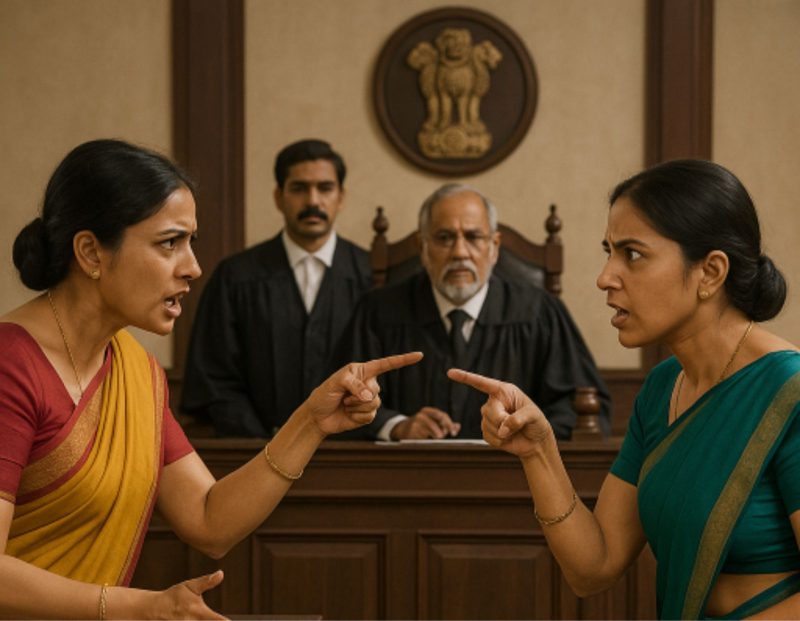Vidya Akhave vs Union of India: What the Bombay High Court Decided
In Vidya Akhave vs Union of India (Writ Petition No. 796 of 2015), Vidya Akhave challenged the findings and punishment handed down by her workplace’s Internal Complaints Committee (ICC) after she filed a sexual harassment complaint. She wanted the Bombay High Court to overturn the ICC’s decision. However, the Court made something very clear: it would not easily interfere with an ICC’s punishment unless the decision was “shockingly disproportionate.”
Table of Contents
ToggleKey takeaway: If the ICC follows the law and its decision is reasonable, courts will not step in and re-evaluate it.
Why Courts Will Not Easily Overrule ICC Findings
The Bombay High Court stressed that ICCs are set up under the law to handle sexual harassment cases internally. They conduct inquiries, hear both sides, and recommend action. Interfering with their work without a strong reason would undermine the whole purpose of the system.
The Court said it would only step in if:
- The ICC’s decision was so unreasonable that it “shocks the conscience”.
- There was a clear violation of natural justice (like if someone wasn’t given a fair hearing).
This means if an ICC makes a mistake, but it’s not a huge or shocking mistake, the court won’t fix it.
How the Case Reinforced Protection Against Workplace Sexual Harassment
This case confirmed what was first laid down in the Vishaka vs State of Rajasthan (1997) decision: sexual harassment at work is a violation of fundamental rights under Articles 14, 15, 19(1)(g), and 21 of the Constitution.
In simple terms, it’s not a workplace issue, it’s a constitutional issue. Every woman has the right to equality, freedom, and dignity at her workplace.
How the Sexual Harassment of Women at Workplace Act, 2013 Supports Victims
The Sexual Harassment of Women at Workplace (Prevention, Prohibition and Redressal) Act, 2013 (often just called “the POSH Act”) gives legal structure to protect women at work. Here’s how:
- Every employer must set up an ICC to hear sexual harassment complaints.
- The inquiry report must be submitted within 10 days after the inquiry ends.
- Employers must act within 60 days on the ICC’s recommendations.
- If employers don’t follow the Act, they can be fined up to Rs. 50,000.
The Vidya Akhave case showed that when an ICC follows these procedures properly, its decision is usually final.
How Earlier Cases Like Vishaka and Medha Kotwal Lele Set the Ground Rules
Before the POSH Act came into force, the Vishaka Guidelines (from the 1997 Supreme Court decision) were the main protection for women in the workplace. These guidelines said that every employer must:
- Create a complaints mechanism.
- Make sure women can work safely and without fear.
Later, the Medha Kotwal Lele vs Union of India (2013) case emphasized that these guidelines weren’t just nice suggestions. All employers had to strictly follow them until the POSH Act officially took over.
In Vidya Akhave’s case, the High Court’s judgment honored this history, showing that protecting women’s workplace rights is now deeply rooted in law.
Final Takeaway: What Vidya Akhave vs Union of India Means for Employees and Employers
The Vidya Akhave case teaches two clear lessons:
- For employees: ICCs are serious bodies. Their findings have real weight. Challenging their decisions is hard unless there’s a serious flaw.
- For employers: Setting up and properly running an ICC isn’t optional. It’s legally required. Not complying can cost money, damage reputation, and violate employees’ constitutional rights.
The system aims to make workplaces safer, fairer, and more accountable — and courts will respect that system unless there’s a very strong reason not to.



